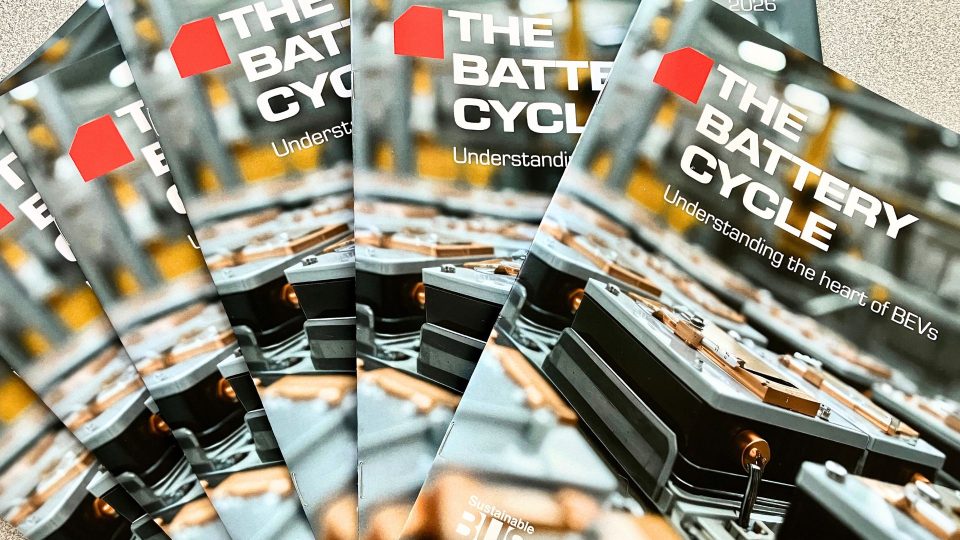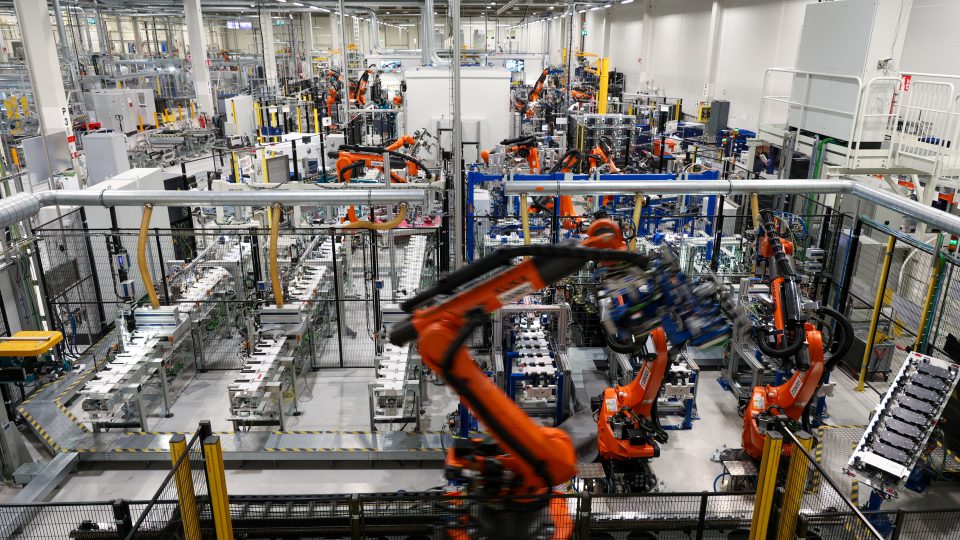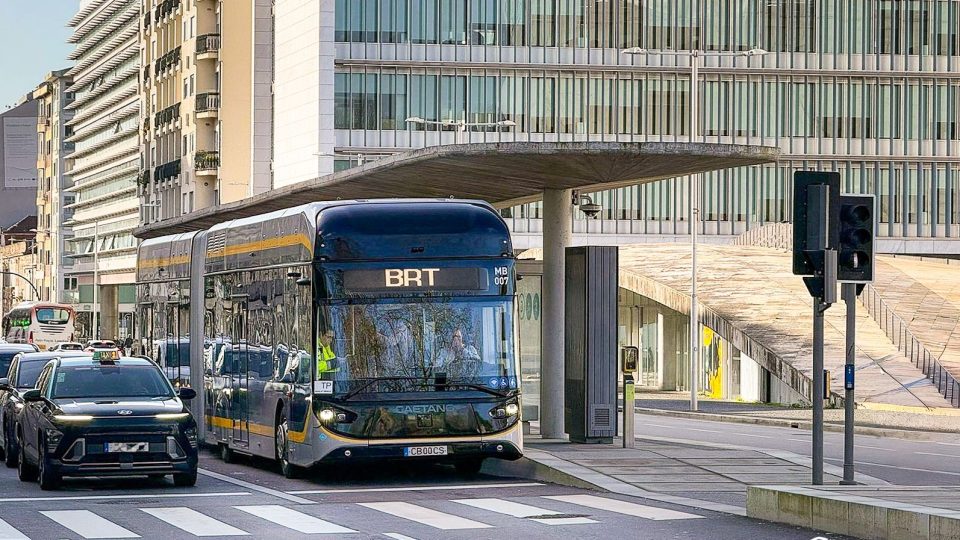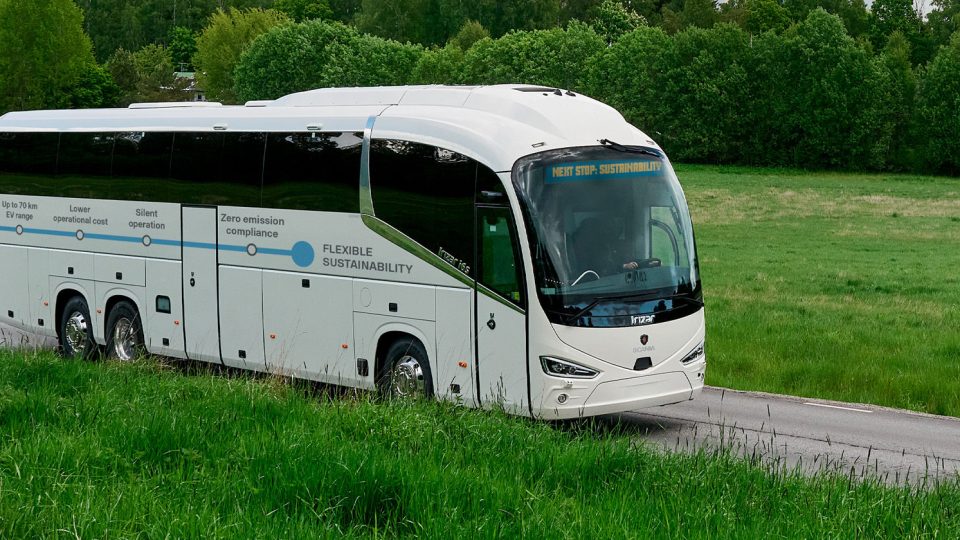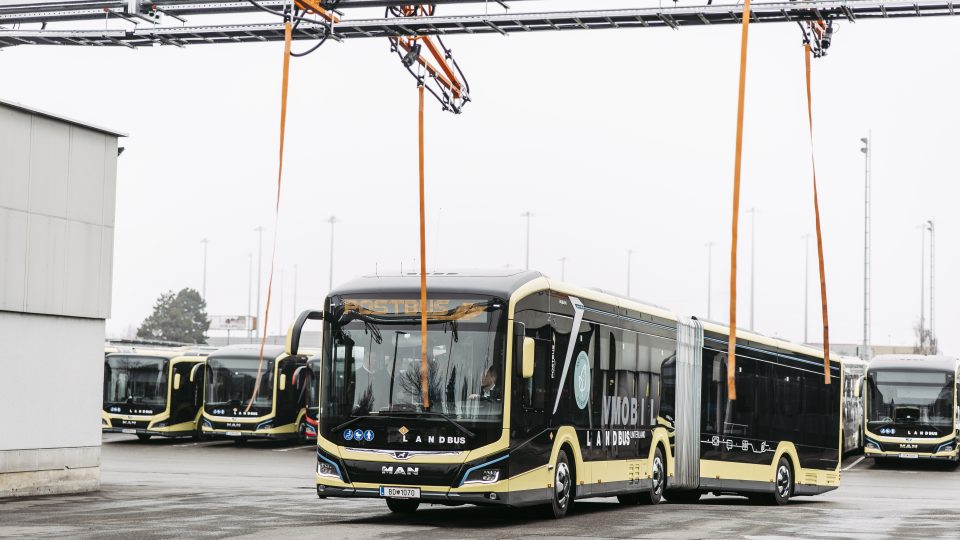H1 2025: Italian bus market shrinks, but electric buses grow 62% and hit 43% share in urban segment
In the first half of 2025, the Italian market for buses over 8 tons registered 1,959 new vehicles, compared to 2,496 in the same period of 2024. This corresponds to a decline of 21.5%, according to ANFIA data. The downturn comes despite a marked increase in electric bus registrations, which rose from 218 to 353 […]
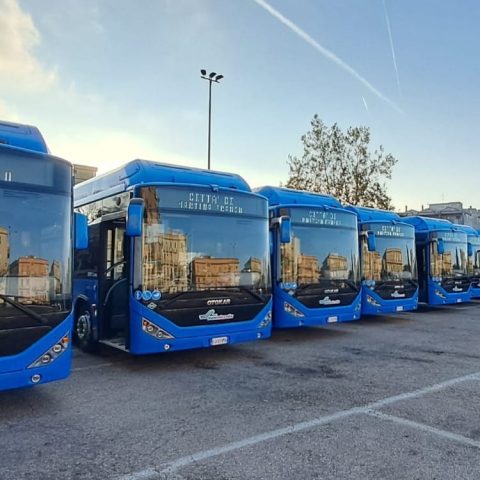
In the first half of 2025, the Italian market for buses over 8 tons registered 1,959 new vehicles, compared to 2,496 in the same period of 2024. This corresponds to a decline of 21.5%, according to ANFIA data.
The downturn comes despite a marked increase in electric bus registrations, which rose from 218 to 353 units, confirming a growing commitment to fleet decarbonization. Battery-electric buses accounted for 18% of total volumes and made up 43% of new registrations in the urban segment alone, as reported on our sister platform, the Italian trade media AUTOBUS.
Italian market in H1 2025: coaches are growing
Urban buses (Class I) maintained their position as the largest segment with 781 registrations, a slight drop compared to the same period in 2024. The intercity segment (Class II), by contrast, recorded a steep contraction, falling by more than half to 566 units. On the other hand, the coach segment showed significant growth, rising to 602 units.
From a manufacturer perspective, Iveco Bus remained the market leader with 598 units, although this result represents a 46% drop compared to the same period last year. Daimler Buses followed with a total of 421 units, combining Mercedes-Benz and Setra-branded vehicles. Solaris registered 216 buses, up slightly year-on-year. MAN grew to 115 units, while Scania reached 148, a figure that includes chassis bodied by Irizar. Among electric-focused manufacturers, Karsan, Yutong, BYD, Bluebus, and Rampini all posted registrations.
Conventional diesel buses continued to account for the largest share of the market but saw a marked decline, dropping to 890 units from 1,257 one year earlier. CNG buses followed with 503 registrations, slightly down from 2024. Hybrid diesel-electric vehicles fell sharply, from 427 to 196 units, while hydrogen-powered buses reached 7 units. LNG-powered vehicles were marginal, with 3 registrations in the first half of the year.

